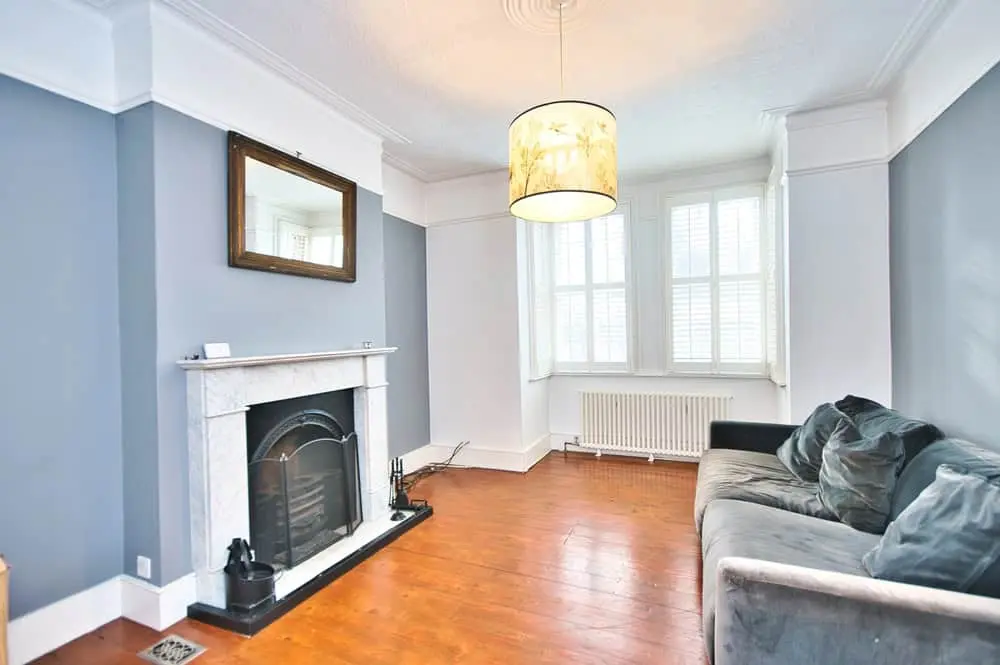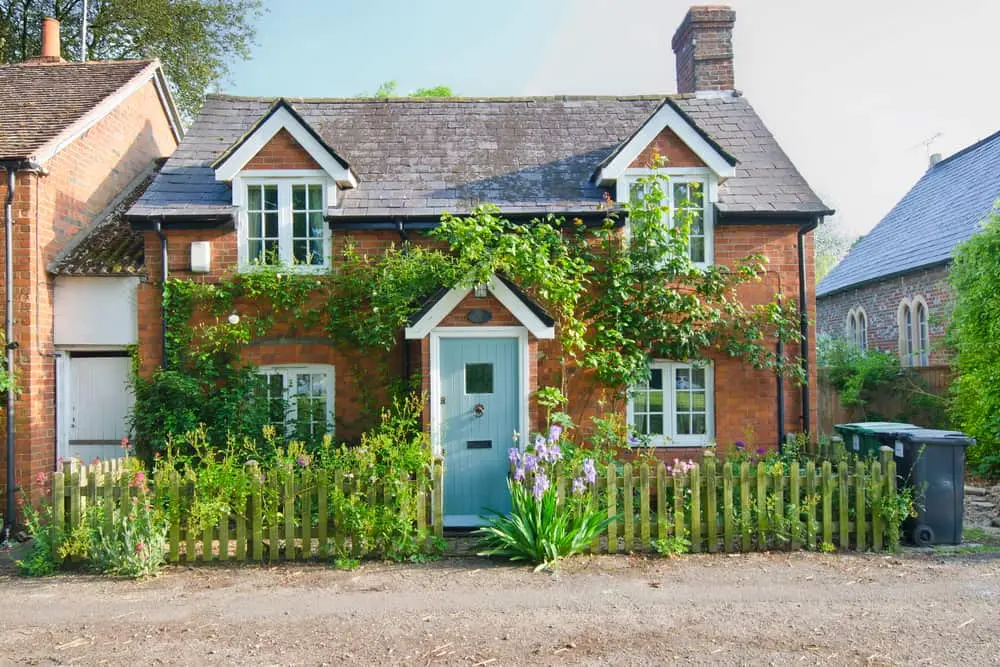

In this post we discuss what happens to a house when the owner dies and what to do.
When someone passes away, their home may be considered as the most valued possession left in their estate. The ownership and inheritance of the property depend on the deceased’s will.
If the legal title of the home is registered with the Land Registry, you can obtain it from the Land Registry website. This will show how the deceased owned the property. If the legal title is not registered, no title document will be held by the Land Registry. In this case, try to locate the original Title Deeds.
In England and Wales, the legal ownership of a house can take several different forms, depending on whether it is owned by the deceased on their own or owned jointly with another person.
There are two forms of joint ownership of a property:
In this case, neither person owns an identifiable share in the property. Upon the death of one owner, the property passes directly to the surviving owner. A grant of probate is not required in such cases. If the title for the house was registered with the Land Registry, a ‘death of a joint partner’ form can be completed, to update the property title to show just the name of the surviving owner. If the house was not registered, an original death certificate should be stored with the title deeds for the property.
Each owner has a specific share in the value of the property that belongs to them. It is important to note that if the deceased’s estate includes a share of the property, and the other owner is still alive, they have legal rights to the property. Only they can decide if the property is to be sold or if a new legal owner is to be added to the property title.
In this case, the deceased was the sole owner of the house. If they passed away leaving the house unoccupied, special care should be taken to ensure that the property remains insured and any active insurance policy is not invalidated by the property being left unoccupied.
The disposition of the house depends on whether the deceased left a will and its content.
If the will states that the house is to be left as a specific gift to one or more of the beneficiaries, the house legally passes to the beneficiaries through the process of an ‘assent’. The grant of probate needs to be obtained before an assent can be completed.
If the will does not specify what should be done with the house, then the executor/s of the estate and the beneficiaries can decide how to proceed. They can choose to deal with the property in the same way as if there was no will (aside from the rules of intestacy).
If there is no will, the rules of intestacy will come into play. Often the house will be sold and the profits of the sale divided between the beneficiaries in line with the rest of the deceased’s estate.
Alternatively, one of the beneficiaries might want to receive the house as their inheritance. In such a case, this needs to be agreed upon with any other beneficiaries of the estate. The value of the property then counts towards the share of the Estate that beneficiary was due to inherit.
When there is no will, the spouse or civil partner of the deceased has right of first refusal to receive the house as their inheritance.
If you are the executor or administer of the estate it is your responsibility to insure the property. Insuristic has developed a probate house insurance product specifically for this purpose.
Other relevant insurance pages that might be of interest:

Hi, I'm Rob, CEO and Founder of Insuristic. My mission is to make insurance easier to understand and buy online.
I hold an Advanced Diploma in Insurance (ACII) which demonstrates I have a solid technical understanding of Insurance and have committed to continuous professional development. I am also a member of the Chartered Insurance Institute and hold the a Chartered Insurance Broker status.
Over the last 27 years, I have worked for insurers, insurance brokers and insurance technology businesses, specialising in product, sales and marketing.
You can find out more about me on my author page.

Insuristic Limited is an Appointed Representative of SJL (Worcester) Ltd, who are authorised and regulated by the Financial Conduct Authority with the reference number 763599. This can be checked by visiting https://register.fca.org.uk/s/.
Registered Office: Unit 2, 262 Walsall Road, Cannock, England, WS11 0JL. Registered in England and Wales No: 13926650.
Insuristic is a registered trademark. ©Copyright 2023 Insuristic Limited. All Rights Reserved.